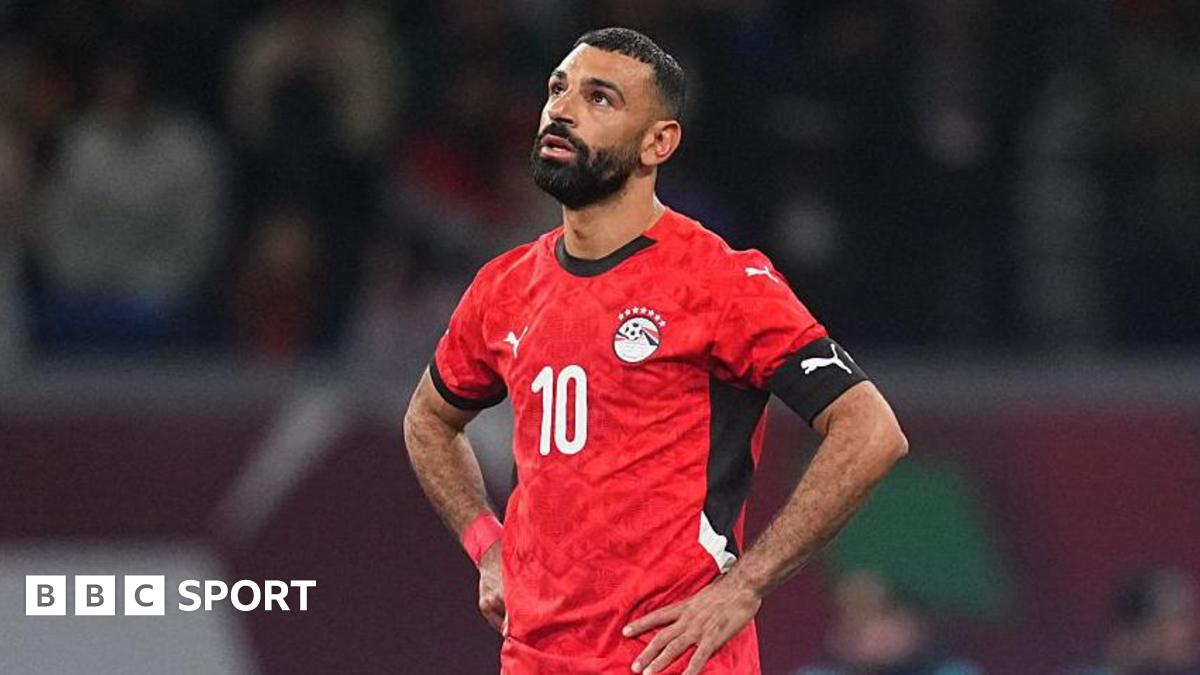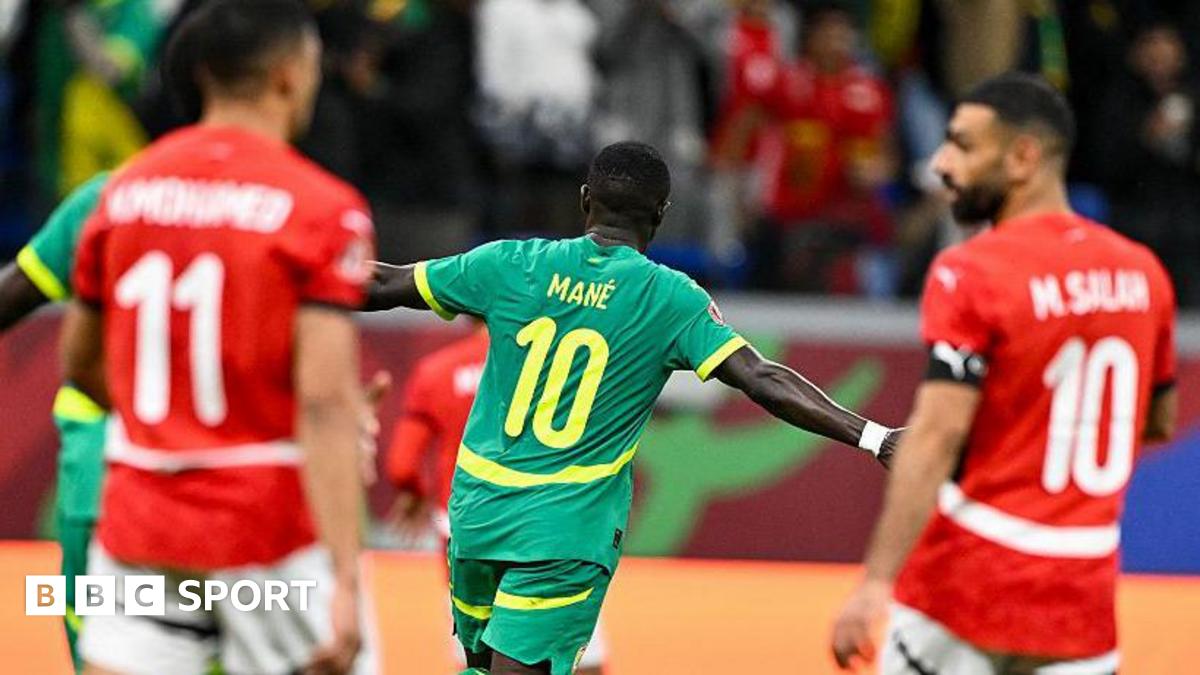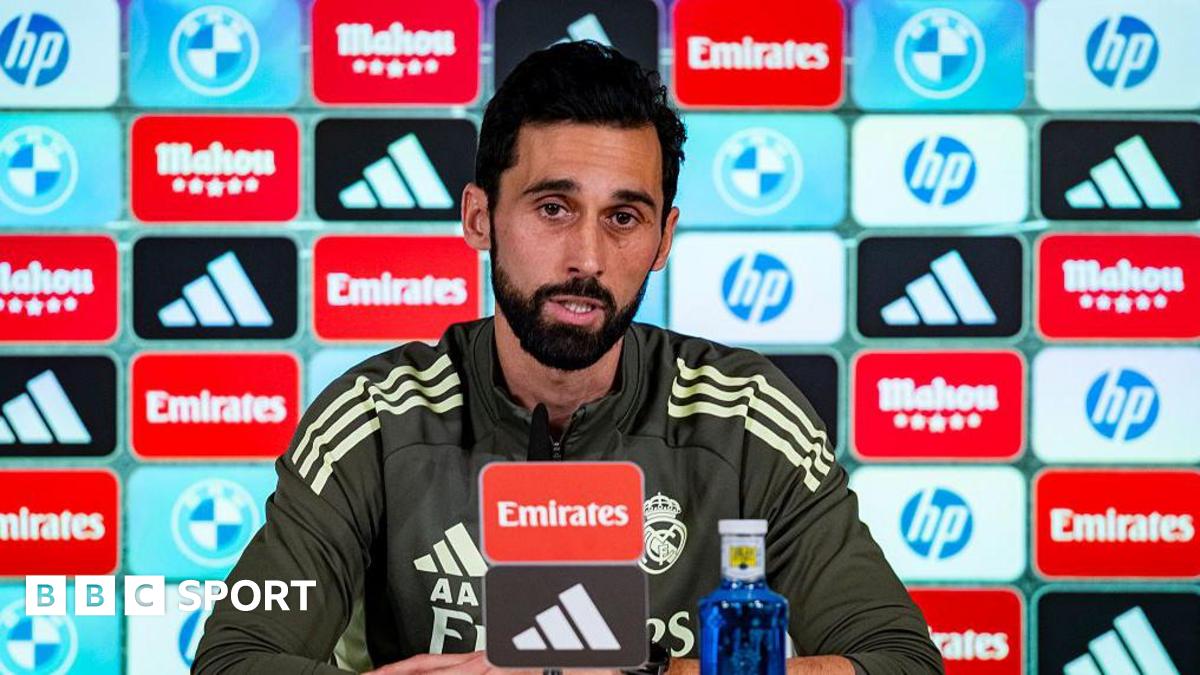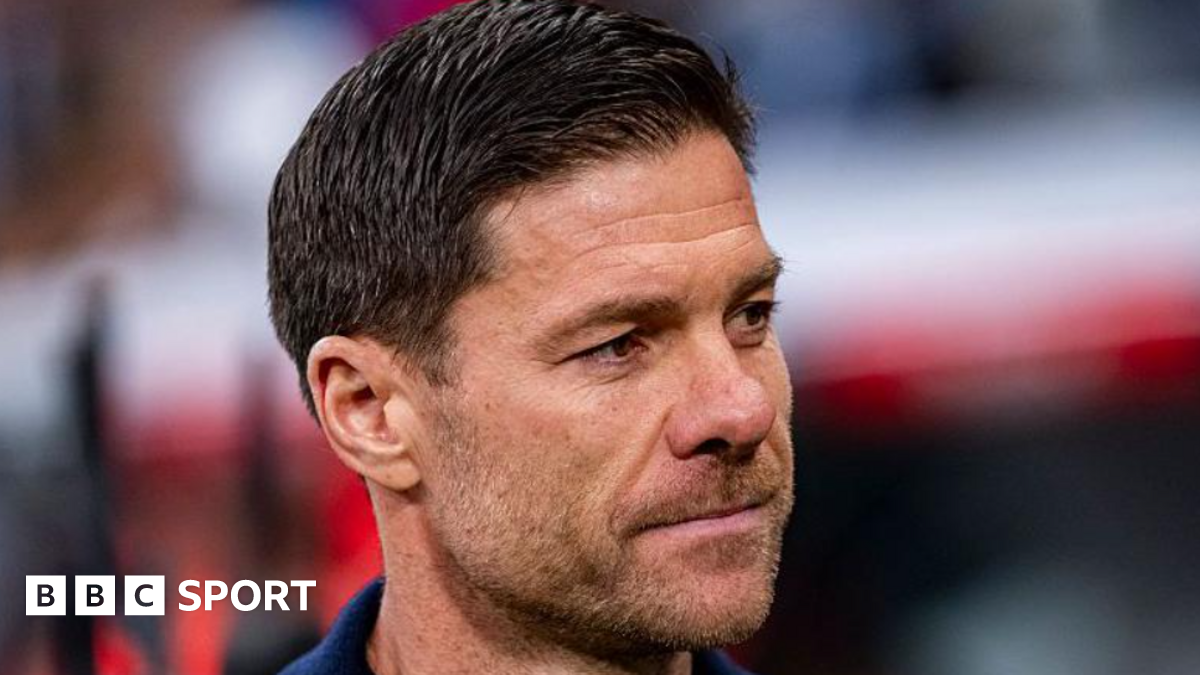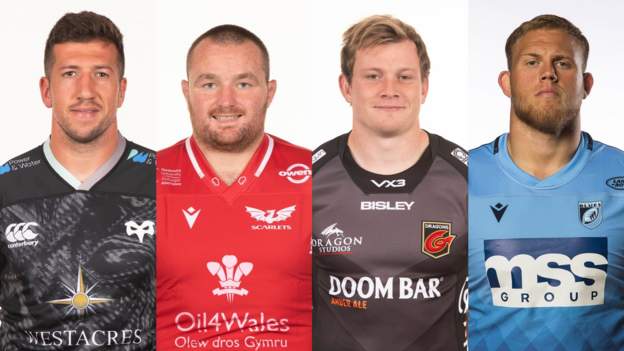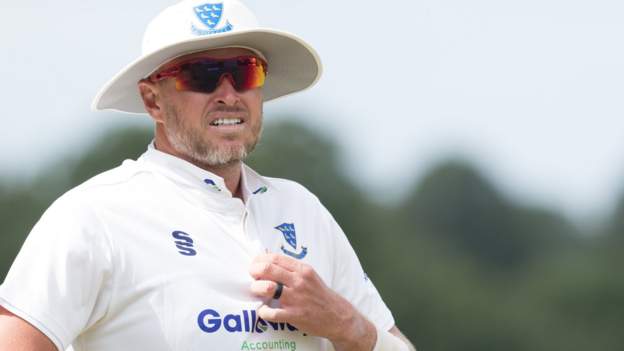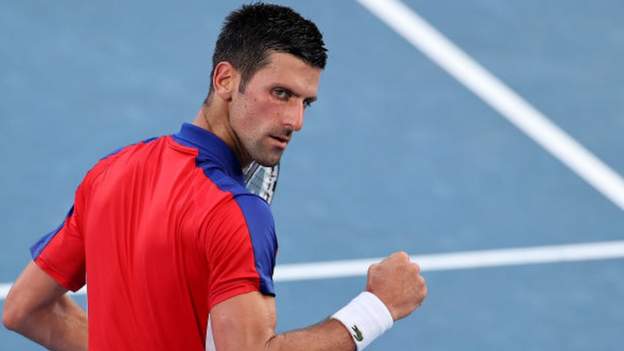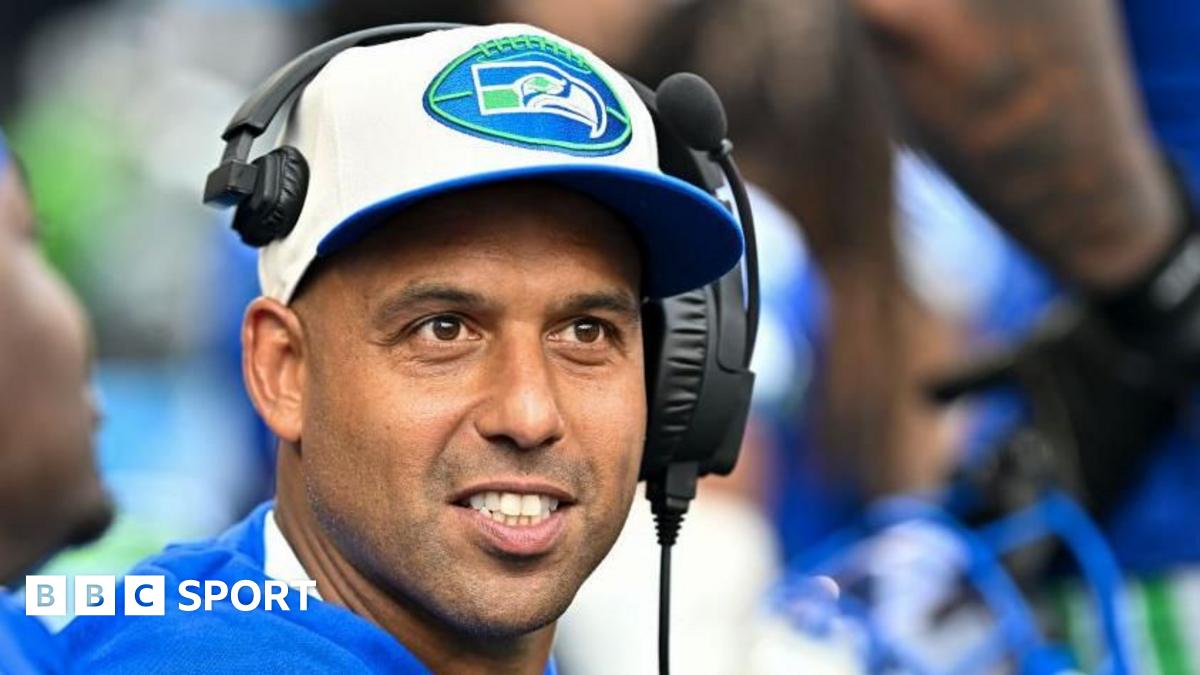So here we go again. The 2020-21 Pro14 returns just a couple of weeks after Leinster were crowned champions for last season.
It is still officially called the Pro14 despite 12 sides starting the tournament and possibly as many as 16 finishing it – if the mooted four South African Super Rugby sides are added to the competition and complete the season.
Confused? Well it’s partly the times we live in, partly how this league has developed.
The Welsh regions do not know how they might finish the season and if, who, when and how many South African sides are eventually going to be involved as league bosses wait on international travelling restrictions.
Southern Kings have gone into liquidation so the league was looking for another franchise to join the Cheetahs for the second half of the 2020-21 tournament before the latest announcement the Bulls, Sharks, Stormers and Lions will hold talks to join the competition.
Cardiff Blues, Ospreys, Dragons and Scarlets at least know their opponents for the first round of 11 fixtures and the dates for the first eight, as the 12 European-based sides face each other from early October to the beginning of January.
What happens after that is anybody’s guess.
“It is very different, but there is nothing normal about what is happening this year,” said Scarlets head coach Glenn Delaney.
“There will be some wonderful books written about this situation in 20 years time.
“The people who run the competition are busy beavering away working and I am sure when they have a solution after the first round of 11 games they will let us know.
“One thing we do know is we are going to play Munster first and that is all we can focus on.”
Regional hopes
After no regional side qualified for the 2019-20 semi-finals, Scarlets remain the most realistic hope of righting that Welsh wrong this campaign as teams try to thwart a dominant Leinster from a fourth successive league title.
Scarlets should provide the most players for the Wales national squad, but they also have the greatest strength in depth.
“It’s been great for us having all our internationals with us for the last 10 weeks, a real bonus having those guys around,” said Delaney.
“We know they are going to go off and play for Wales pretty soon and then there will be opportunities here for other guys.
“Leinster won it at a canter last season and they must be the team to beat, but they will be challenged and are there for us to shoot at.”
Scarlets have qualified for the Champions Cup alongside Dragons, who have one of their strongest squads for the start of a new season following the signings of Nick Tompkins, Jamie Roberts, Jonah Holmes and Greg Bateman.
Some big names with growing expectations then.
“I want us to keep taking steps forward and to do that, we have to create the right environment,” said Dragons director of rugby Dean Ryan.
“It’s against the development of this team to start talking about where we are going to be.
“You can get caught up with ‘Well, you have signed Jonah Holmes, you have signed Nick Tompkins, you have signed Jamie Roberts, so you are going to be here’.
“This side just needs to keep getting better. It’s still challenged by resources, it’s still very young.”
Courtesy of the conference system, the Dragons achieved a Champions Cup place ahead of Cardiff Blues, despite John Mulvihill’s side winning more games and more league points.
The two regions will share a home ground for the first part of the season at Rodney Parade with the Arms Park pitch out of action until probably December.
Consistency has been the Blues’ problem and will be the main element to rectify. Mulvihill is the longest-serving regional rugby coach as he prepares for his third season, but realises he faces an old problem.
“Our goal this year is to be as consistent as we can be – both in the building and outside, on the pitch and off,” said Mulvihill.
“It has been a problem for the last decade not just over the last couple of seasons.
“We want to make sure that we continue to work at the best rate that we can to make sure we get there every week.”
The Ospreys were consistently poor last season, having suffered their worst campaign since the inception of regional rugby in 2003.
Ospreys were once the flagbearers for the new sides with four league titles under their belts. But it has been eight years since they have celebrated silverware and only managed a paltry two league wins last season.
So, plenty for new head coach Toby Booth to ponder.
“The signs are encouraging, the guys have dug in and are embracing what we are trying to do,” said Booth.
“We are trying to change a lot of things and they are deep rooted and it remains to be seen what happens.
“We have talked about doing things we can be proud of and, if we can do that, things will start to improve.”
So a new season brings fresh expectations, but the league will face the same old challenges, especially with the coronavirus pandemic showing no signs of ending.
Competition challenges
Despite a £20m loan divided between the four regions, staying afloat will remain a major challenge with no crowds in Wales to begin with, although matches in Italy and Ireland in the opening round will have small numbers of supporters in attendance.
Missing the top players like Johnny Sexton and Alun Wyn Jones because of increased international commitments will be even more acute this season with the introduction of the new Autumn Nations Cup in a condensed campaign. That will be another chance for fresh faces to emerge.
The 14 Monday night rugby games have been revealed as part of the 2020-21 calendar to add a new dimension and cope with the international rugby programme.
Fans following the tournament can find the conference system and fluid format a challenge, particularly, when compared with the more traditional home and away Top 14 and English Premiership programmes.
So as the teams start a season uncertain how it might finish, the Pro14 season schedule will certainly not prove predictable.


